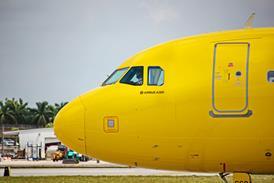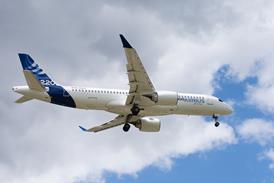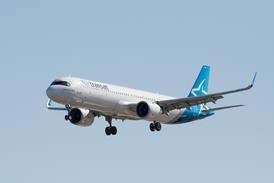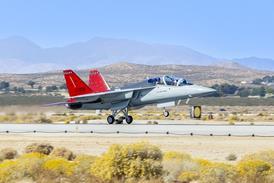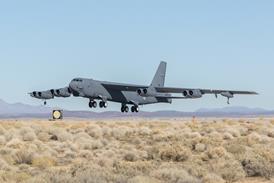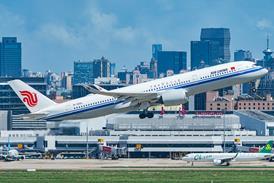FlightGlobal is the global aviation community’s primary source of news, data, insight, knowledge and expertise. We provide news, data, analytics and advisory services to connect the aviation community globally and help organisations shape their business strategies, identify new opportunities and make better decisions faster.
- News
- Airlines
- Defence
- Flight International
- Events & webinars
- Jobs
- Subscribe
- Airline Business
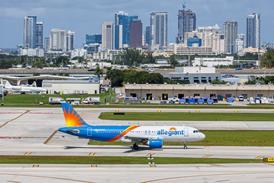 US discounters adapt networks as widespread capacity cuts change market dynamics
US discounters adapt networks as widespread capacity cuts change market dynamics Network redesign in full swing as Avianca focuses increasingly on long-haul legs
Network redesign in full swing as Avianca focuses increasingly on long-haul legs LATAM chief Roberto Alvo focuses on fleet renewal as SAF remains elusive
LATAM chief Roberto Alvo focuses on fleet renewal as SAF remains elusive Copa Airlines posts 19% net profit growth amid Latin American demand surge
Copa Airlines posts 19% net profit growth amid Latin American demand surge

